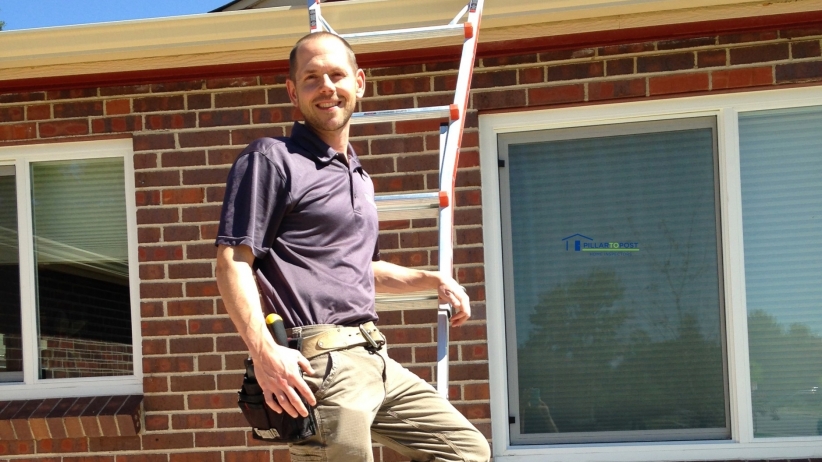
CARBON MONOXIDE POISONING: AVOIDANCE AND PREVENTION
Carbon monoxide (CO) is an odorless, colorless gas produced by the combustion of fuels such as natural gas, oil, and propane in mechanical unit including furnaces, water heaters, and stoves. These items are normally designed to vent the CO to the outside, but harmful interior levels of CO can result from incomplete combustion of fuel, improper installation, or blockages, leaks or cracks in the venting systems. Very high levels of CO can lead to incapacitation or death, with victims sometimes never having been aware they were being poisoned.
Homeowners can take action against potential carbon monoxide poisoning by taking the following steps:
- Have all fuel-burning appliances professionally inspected annually, preferably before the start of the cold-weather season when heaters and furnaces are first used.
- These appliances include gas stoves and ovens, furnaces and heaters, water heaters, generators, and clothes dryers.
- All such units should be properly installed and safely vented to the outside.
- If repairs are necessary, be sure they are performed by a qualified technician.
- Always use the proper fuel specified for the unit.
- Have flues and chimneys for fuel-burning fireplaces or wood stoves inspected regularly for cracks, leaks, and blockages that may allow a buildup of CO to occur.
- Never use gas stoves or ovens as a home heating source, even temporarily.
- Do not idle a vehicle in a garage, even with the garage door open. When starting the car, open the garage door, start the engine, and drive out as soon as possible to prevent dangerous CO emissions from accumulating.
- For additional protection, purchase a CO detector (either battery operated or plug-in) and follow the manufacturer’s instructions for proper location and installation. Installation of working CO detectors in residential properties is now required by law in many areas.
- Learn what to do if the CO alarm activates: if anyone in the home experiences symptoms such as fatigue, dizziness, blurred vision, nausea, or confusion, everyone should leave immediately and seek medical attention. If the alarm sounds but no symptoms are felt, open doors and windows immediately and shut off all fuel-burning devices that may be potential sources of CO.



 icon and select "Add to Home Screen".
icon and select "Add to Home Screen".


